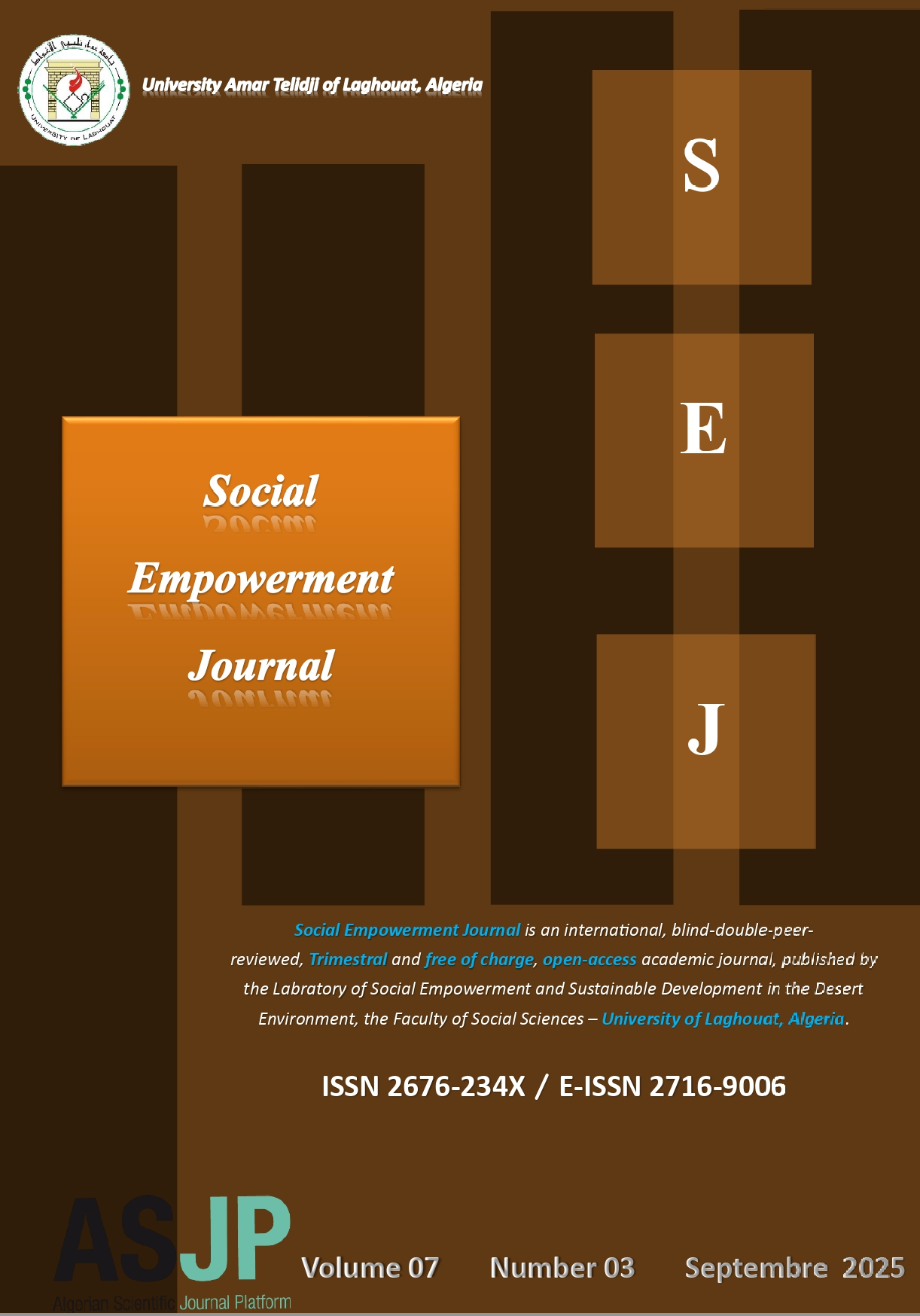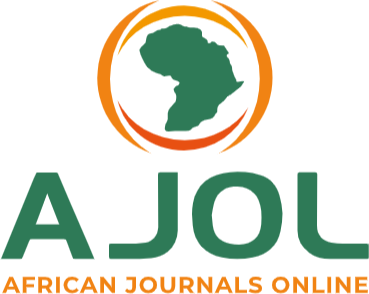The Role of Needs Assessment in the Success and Sustainability of Humanitarian Projects in Hadramout
دور تقييم الحاجة في نجاح المشاريع الإنسانية في حضرموت واستدامتها
Abstract
This study aims to highlight the importance of needs assessment as a strategic tool for enhancing the effectiveness and efficiency of humanitarian projects in Hadhramaut Governorate, from the perspectives of data collectors, monitoring and evaluation staff, and program staff working in humanitarian organizations involved in development projects implemented in Hadhramaut, both coastal and valley regions. Using a descriptive analytical approach, the study reached several positive results that reflect the direct impact of needs assessment on the success and sustainability of humanitarian programs. The results showed that needs assessment is a pivotal step in ensuring that resources are effectively directed towards the most affected groups, which contributes significantly to achieving project objectives and raising beneficiary satisfaction. The absence of needs assessment has consequences that include project failure, poor resource allocation, and impact on project continuity. The results also revealed a clear direct relationship between the quality of needs assessments and the success of humanitarian projects, as projects based on accurate needs assessments were more impactful and effective in the field. The study also revealed a number of challenges facing needs assessment processes, such as a lack of accurate data, weak coordination between implementing agencies, and limited qualified personnel. However, the results showed that overcoming these challenges is possible by adopting assessment mechanisms based on community participation, employing modern analytical tools, and strengthening the capacities of working teams. Based on the analysis, the study recommends a set of measures to improve needs assessment processes, including: enhancing training and capacity building in the field of needs assessment; adopting unified and transparent criteria for determining intervention priorities; strengthening coordination between humanitarian organizations and local authorities; and involving the local community in all stages of the assessment to ensure the accuracy and reliability of data. Overall, this study confirms that improving needs assessment processes directly contributes to raising the quality of humanitarian projects and ensuring their sustainability, which positively impacts the lives of beneficiaries in Hadhramaut Governorate.
Downloads
References
ALNAP. (2018). The state of the humanitarian system. Active Learning Network for Accountability and Performance.
Altschuld, J. W., & Kumar, D. D. (2012). Needs Assessment: An Overview. Thousand Oaks: Sage Academic Books.
Association, S. (2018). The Sphere Handbook: Humanitarian charter and minimum standards in humanitarian response.
Bain, S. (2018). Evaluating humanitarian aid effectiveness. Journal of Humanitarian Affairs, 5(1), 24–37.
Bain, S. (2018). Evaluating humanitarian aid effectiveness. Journal of Humanitarian Affairs, 5(1), 24–37.
Blom, M. (2018). Evaluation of humanitarian response projects. Humanitarian Review, 12(2), 110–123.
Carter, S. (2019). Sustainable development in humanitarian aid. Sustainability Journal, 11(3), 1370–1385.
Darcy, J., & Hofmann, C.-A. (2003). According to need? Needs assessment and decision-making in the humanitarian sector. London: Britain’s leading independent think-tank on international development and humanitarian issues.

This work is licensed under a Creative Commons Attribution-NonCommercial 4.0 International License.





















